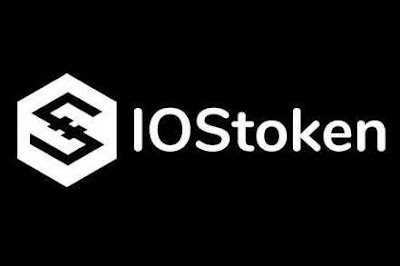What is IOST?
IOTA is an open-source distributed ledger and cryptocurrency designed for the Internet of things (IoT). It uses a directed acyclic graph to store transactions on its ledger, motivated by a potentially higher scalability over blockchain based distributed ledgers. IOTA does not use miners to validate transactions, instead, nodes that issue a new transaction on the network must approve two previous transactions. Transactions can therefore be issued without fees, facilitating microtransactions. The network currently achieves consensus through a coordinator node, operated by the IOTA Foundation. As the coordinator is a single point of failure, the network is currently[when?] centralized.
IOTA has been criticized due to its unusual design, of which it is unclear whether it will work in practice. As a result, IOTA was rewritten from the ground up for a network update called Chrysalis, or IOTA 1.5, which launched on 28 April 2021. In this update, controversial decisions such as ternary encoding and quantum proof cryptography were left behind and replaced with established standards. A testnet for a follow-up update called Coordicide, or IOTA 2.0, was deployed in late 2020, with the aim of releasing a distributed network that no longer relies on the coordinator for consensus in 2021.
History of IOTA.
IOSToken (IOST) is building a proprietary blockchain, called Internet of Services (IOS), focused on scalable and high throughput smart contract processing. The team plans to build the infrastructure layer for the development and deployment of large-scale decentralized applications (DApps) that will need high throughput processing. IOST is also developing additional services including decentralized storage and a feedback system for developers. Similar projects which IOST plans to compete with include Ethereum, NEO, Stellar, and Zilliqa.
To allow for faster processing IOST uses a new consensus mechanism called proof-of-believability (PoB) and a sharding system called efficient distributed sharding (EDS). In May 2018, the IOST Foundation announced the launch of Theseus, a dedicated DApp research and development team and Bluehill, a $50 million accelerator aimed at spurring development on the platform.
The project launched a public testnet as of June 30, 2018 and a migrated to its mainnet in February 2019.
Tags:
Cryptocurrency
